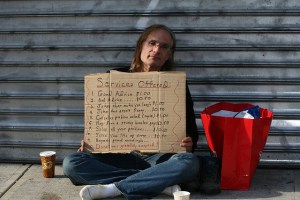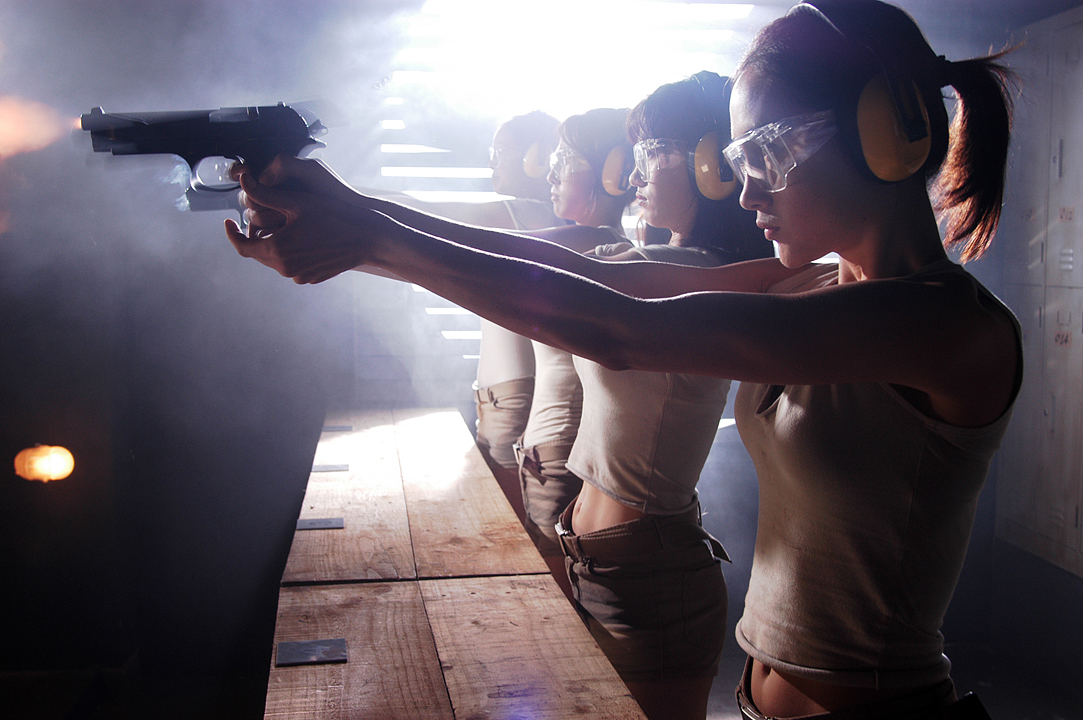It’s January the time of the year when you can’t get any space at your gym during peak hours and the word detox is on everyone’s lips.
Some people knock New Years Resolutions. I love them although I prefer the term goals. You could in fact create resolutions at any time of the year but what better time to create them than after spending the month of December rushing to complete projects, partying and drinking too much and then taking time out to spend time with family and friends. The quietness after the holidays is a perfect time for reflection and there is an energy of newness. There is something about the energy of completion and then new beginnings that makes it a natural time to start.
But don’t worry if it’s not a good time for you. There are other good times. After your birthday when you reflect on being older, or in September when you come back from the Summer holidays. Other good times are the Chinese and Jewish New Years, after Ramadan or any other religious festivals.
So once you’ve set your goals. How do you sustain them?
Well there are 3 aspects to any real accomplishment. Sustainable achievement is dependent on three success factors: context, structure and energy. Now let’s explain it and look at how it all fits together
The context is the big picture, the vision. This is the “what” you are up to and the “why” you are up to it. It includes your goal but also the bigger aspects – your motivations, beliefs and your perceptions. For example if you want to lose weight but don’t really have a powerful Why you are unlikely to sustain it.
Everything is interlinked. The context dictates the scope of what is possible in your life. What you are up to will determine how much energy you need and also determine the structure that will help you to reach your goals.
In other words, if you look at any successful person, you will notice they have an empowering vision that motivates them. They are on a mission, working on a big goal or vision. They also have a high level of energy, and they have the systems and structures in place to support them in what they are doing.
If you are the CEO of a multinational company, you will need a lot of energy and then the structures to channel your energy in the direction of your goal. On the other hand, if you work in an unchallenging nine-to-five job, spend the rest of your life watching TV, and just live to enjoy the weekend, you don’t need much energy and the systems to support that energy.
Structure is the methodology and support you use to get things done. This is the How you achieve it. When you are going to do something, who with and where. There are 4 main elements to structure.
- Your timetable: This is the way your time is set up – how your time is influenced, either externally, by your job or your need to do something at a certain time (e.g., look after children), and internally, by your need to get up at 7 am to go to the gym before work. This also includes recurring practices. (Daily and weekly etc.)
- Your environment: This is how your physical environment is set up, e.g., your desk, your home, the company for which you work. And includes which environments you need to do certain tasks. i.e. work out in the gym rather than home.
- Your commitments or agreements: The commitments or agreements that you follow or put in place are your job description, your commitment to get and stay fit, the need to look after a relative, or progress meetings that you set up.
- Other people: The people you work with, look after, or interact with; the people who can support you in your endeavour. This could be a personal trainer, coach a boss or even kids
Energy is the fuel needed to drive you. It determines the speed at which you get things done or cause results and how long you can go for. When energy is harnessed and channeled, things move efficiently. When energy is lacking or unfocused, getting things done is hard work, results are more difficult to come by and you tend to run out of steam. Energy is physical and mental resource needed.
Using a metaphor; if you were embarking on a journey to a far off destination, Context is the map, systems and structure comprise the vehicle you use and energy is the fuel.
So how do you use this? Here are some simple questions to ask yourself:
Context: Why is this important?
Structure: How am I going to do this? Where will I do it, When: What times, what days. Who will support me and What am I agreeing to
Energy: What level of energy do I need and how am I going to sustain that?







Leave A Comment
You must be logged in to post a comment.